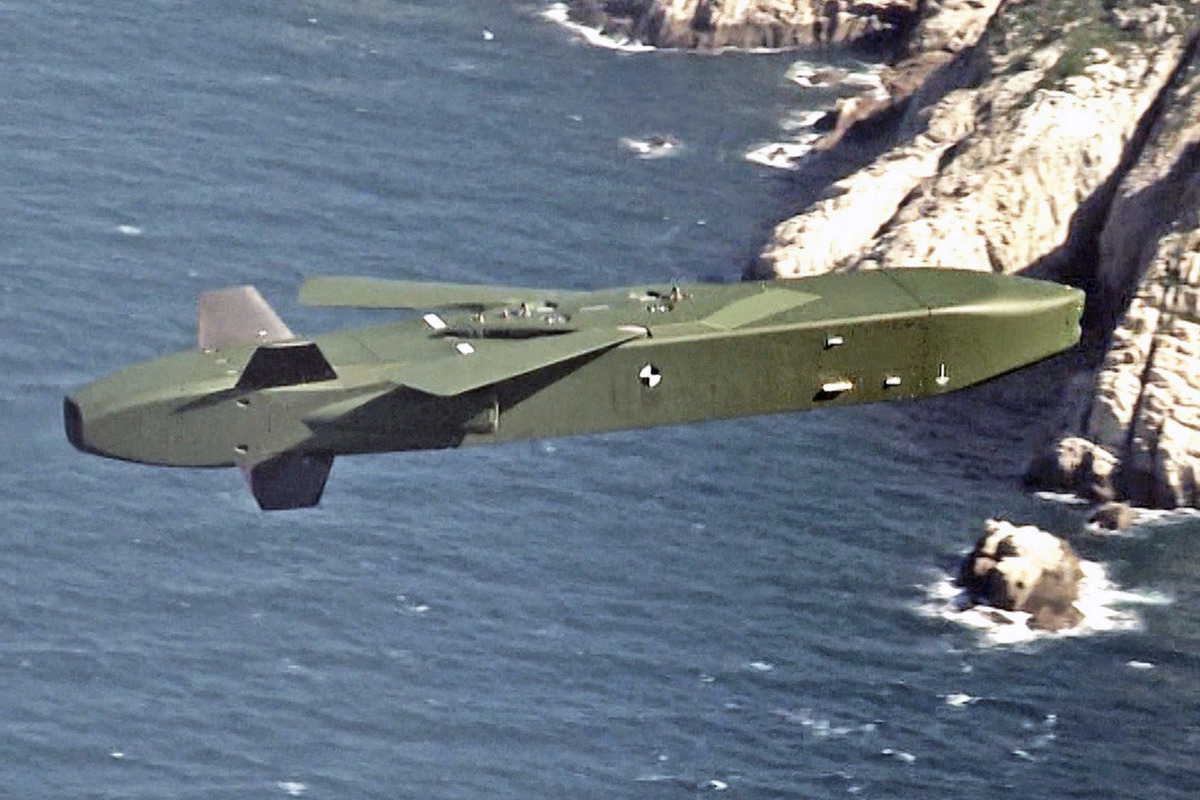“Immediately satisfy Ukraine’s request”: the German opposition issued an ultimatum to the authorities
[ad_1]

There’s a washcloth on the stake – start over. The last time this issue was debated in the German parliament was just over two weeks ago, on February 22. At that time, both the opposition “Christians” – the united faction of the Christian Democratic Union and the Christian Social Union – and the ruling coalition presented their draft resolutions.
Let us recall that the CDU/CSU project, which directly spoke of the need to arm Ukraine with Taurus, was rejected. The version of the “parties in power” that formed a government coalition (SPD, Free Democratic Party and Greens) received parliamentary support. Also quite pro-Ukrainian, but lacking specifics.
The adopted document states, among other things, that Ukraine “must be able to strike at enemy military targets located far behind the front line.” But what exactly the blows should be delivered with is not specified.
A considerable number of commentators decided that we were talking about Taurus: they fit this description quite well. One might even say that they fit better than any other weapon produced in the Federal Republic. But when the country’s Defense Minister Boris Pistorius, while in parliament, was directly asked whether this was so, he, to put it mildly, avoided answering.
Instead of an answer, there was an indistinct muttering: “I cannot answer this… I read this document, its authors, for their part, will think about it… I am not a member of the faction (SPD. – “MK”).
The leaders of the Social Democratic faction were no less “specific”. Its deputy head, Gabriela Heinrich, said that this is a matter of interpretation: they say that the supply of Taurus is “not mandatory,” but “no red line has been drawn.” In general, some kind of Schrödinger “Taurus”, really: either they will send it or not.
However, the head of government soon spoke quite clearly on this matter: “About this (about the supply of German cruise missiles to Ukraine. – “MK”) out of the question. We should in no way be associated with the goals that this system achieves. So this is not the next option on the agenda.”
And the scandal that then broke out around the wiretapping of an online conference of high-ranking Air Force officers discussing issues related to the transfer of Taurus to the Ukrainian military and the missile strike on the Crimean Bridge, perhaps, only strengthened the chancellor’s position and added more arguments to him. The conversation made public confirmed that the danger of Germany being drawn into the conflict, which Olaf Scholz never tires of talking about, is indeed real and not far-fetched.
As is clear from the leak, such bold scenarios were discussed in the German Ministry of Defense without the knowledge of the head of government. “Nobody knows why the Federal Chancellor is blocking these supplies,” says Luftwaffe inspector (commander) Ingo Gerhartz at the beginning of the conversation. While the Minister of Defense “intends to carefully study the issue.”
For a long time, Pistorius avoided speaking unequivocally on this topic, so there was an opinion, and not unfounded, that he was a supporter of the transfer of missiles to Ukraine. Rumor also includes a number of other cabinet members, including, for example, Foreign Minister Annalena Bärbock.
However, after the scandal, Pistorius, even if he was in the Zataurus camp, was forced to leave it. On Friday, during his visit to Finland, the German Defense Minister finally expressed his position. Pistorius began by decrying the idea of sending Western coalition troops to Ukraine: “There is a debate about this now, but there is a decisive line that we will never cross. We will not become a party to the conflict.” And he ended like this: “This is the reason why we are not delivering Taurus yet.”
Of course, the inserted “yet” does not allow us to call this the unconditional support of the chancellor, but a certain concession is still evident. But Scholz’s main support group on an issue that has split German politics, including even the government coalition, is the country’s population. According to a recent public opinion poll conducted by the authoritative sociological service Infratest Dimap, 61 percent of Germans are against the supply of Taurus to Ukraine – seven percent more than six months ago.
In turn, the share of supporters of supplies decreased over the same period by seven percent – to 29. 62 percent of respondents are concerned that “Germany could be directly drawn into the war.”
In a word, both the chancellor is against it and the people are against it. It would seem that the issue is closed. If not forever, then for the near future. But it was not there. “The parliamentary faction of the CDU/CSU will put the issue of the supply of Taurus missiles to a roll-call vote in the coming week,” said the first parliamentary secretary of the faction, Torsten Frei. “Parliament must take the lead in the actions.”
The draft resolution contains a categorical, almost ultimatum, demand for the government to “immediately satisfy Ukraine’s request for the supply of Taurus cruise missiles from existing Bundeswehr stocks to the maximum extent possible.”
“The Chancellor has no arguments left,” believes the faction secretary. “Olav Scholz stands before the wreckage of his unproven position. The time has come for the deputies to show him a way out of the impasse.” And such a decisive attitude, it seems, is not empty bravado.
It is no secret that many members of the Bundestag from the ruling parties have a different opinion than the Chancellor and consider his decision on the Taurus to be erroneous. And some, like the head of the defense committee Marie-Agnes Strack-Zimmermann (Free Democratic Party), openly criticize Scholz and speak out in support of the “Christian” proposals.
Given this situation, a roll-call vote may well become a catalyst for a turning point in the “fairy tale about the bull.”
[ad_2]
Source link








